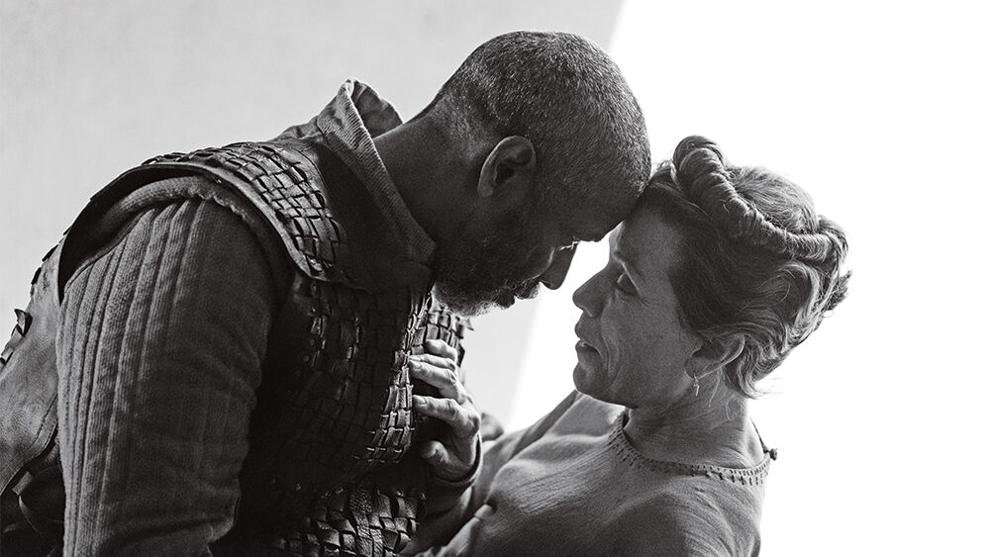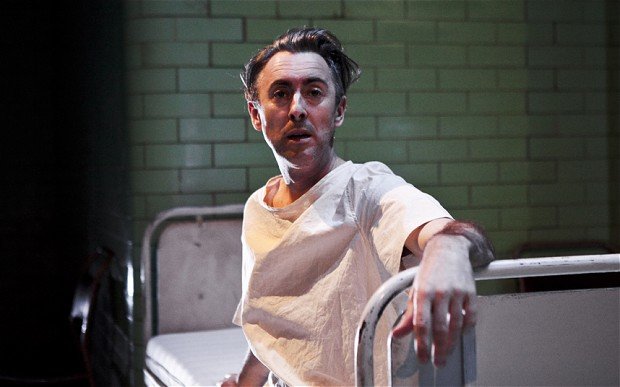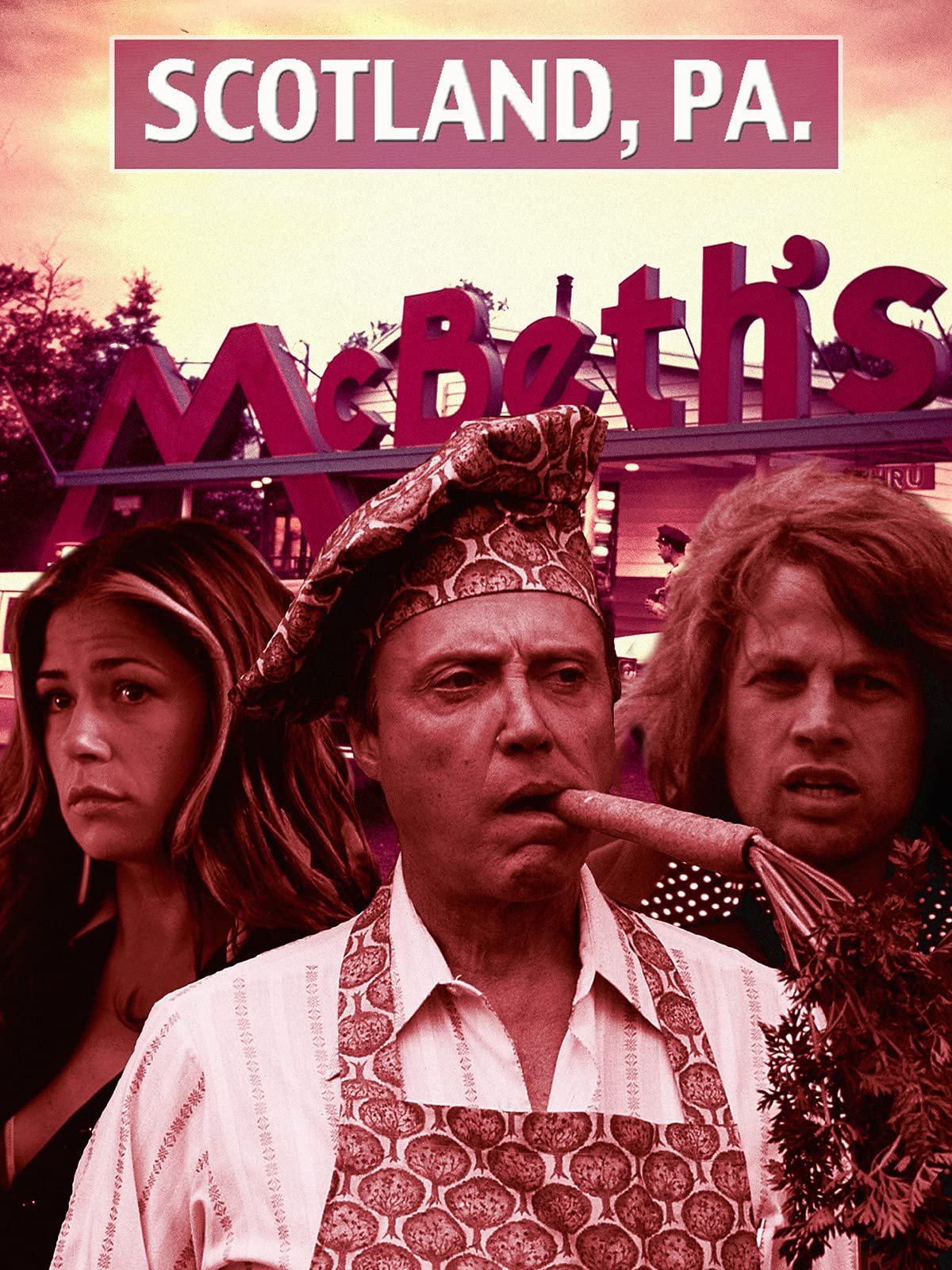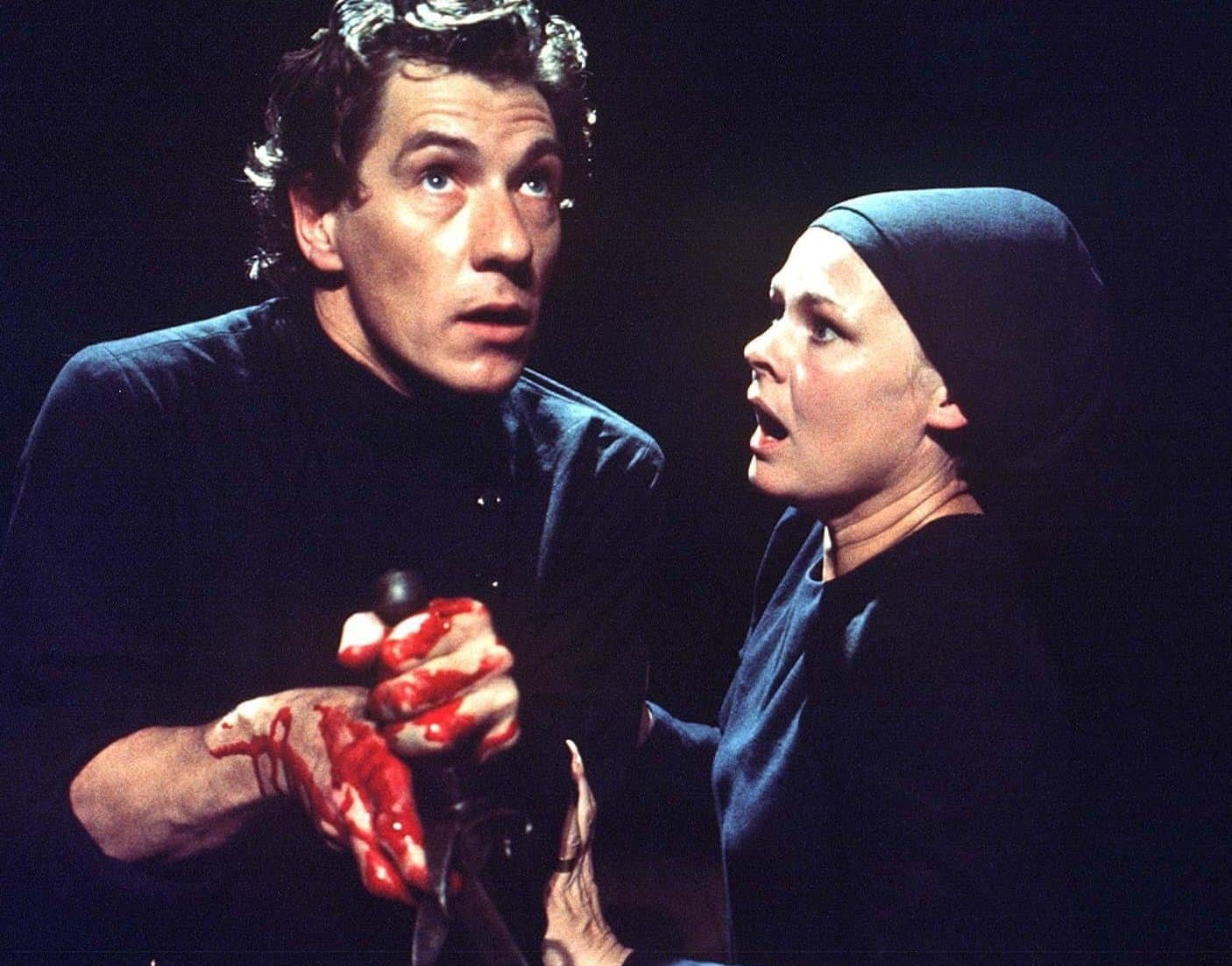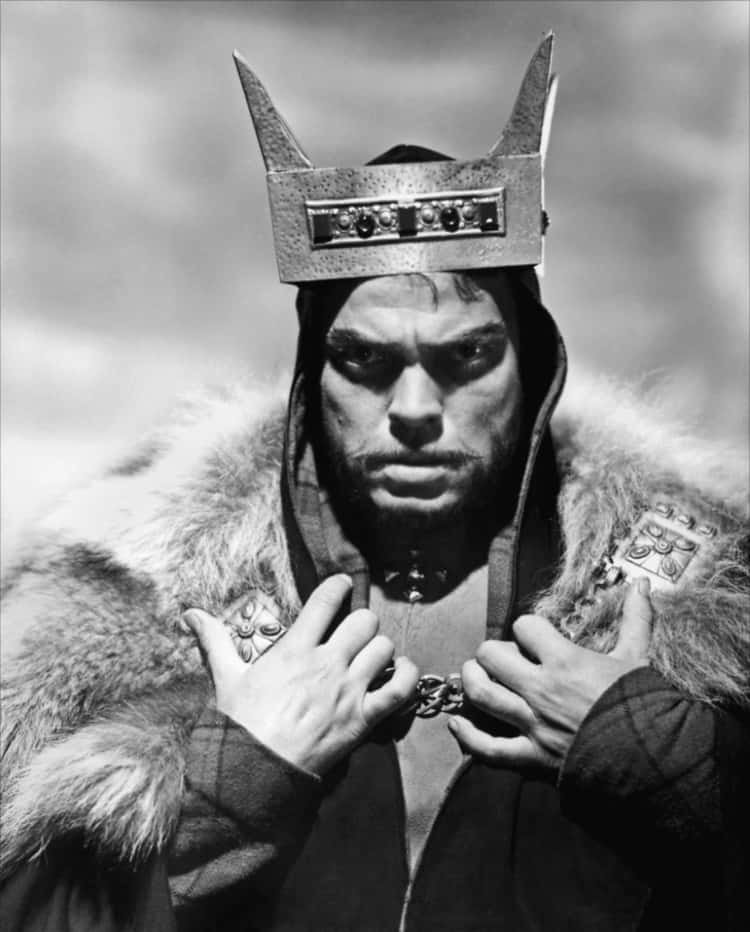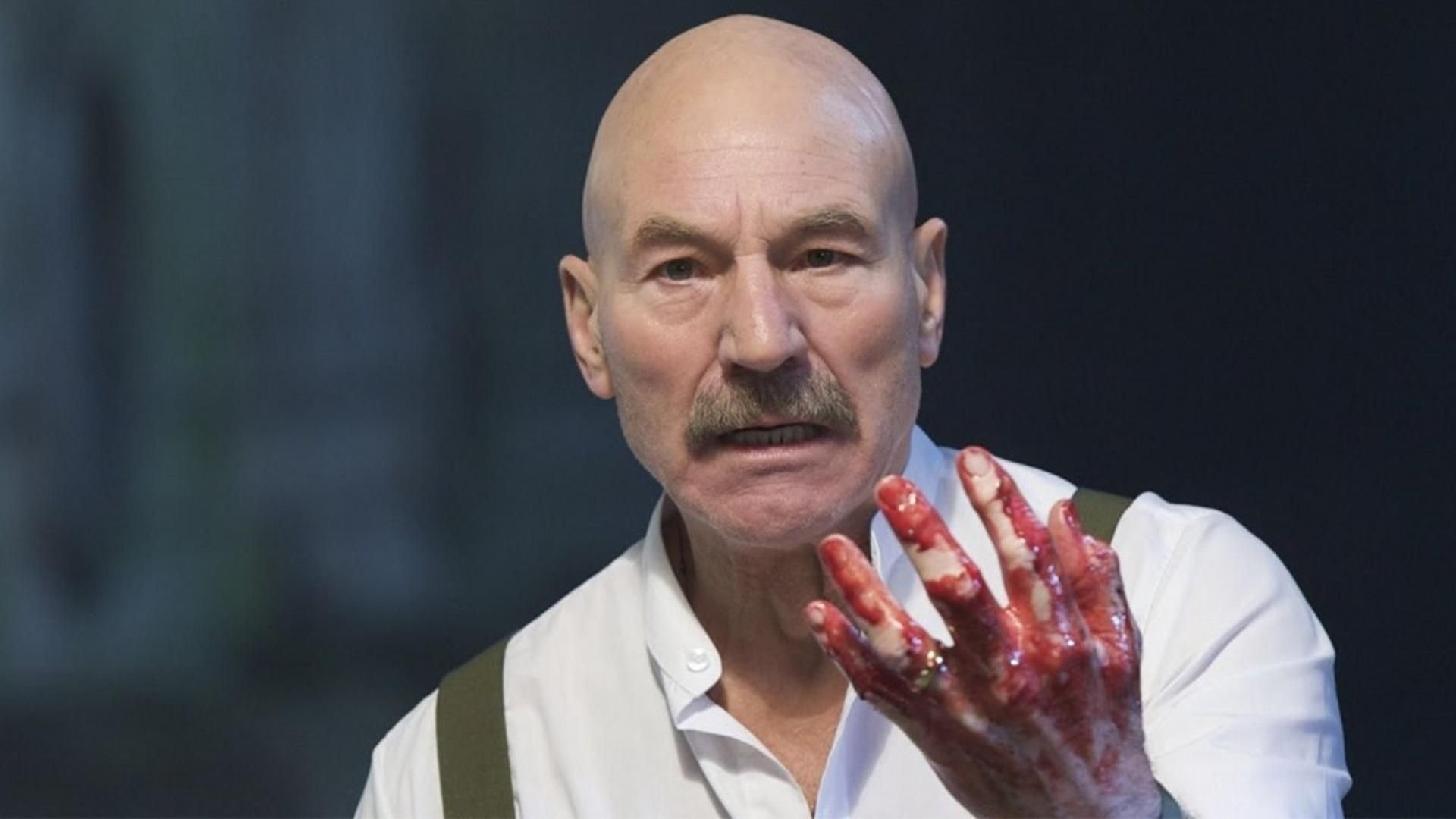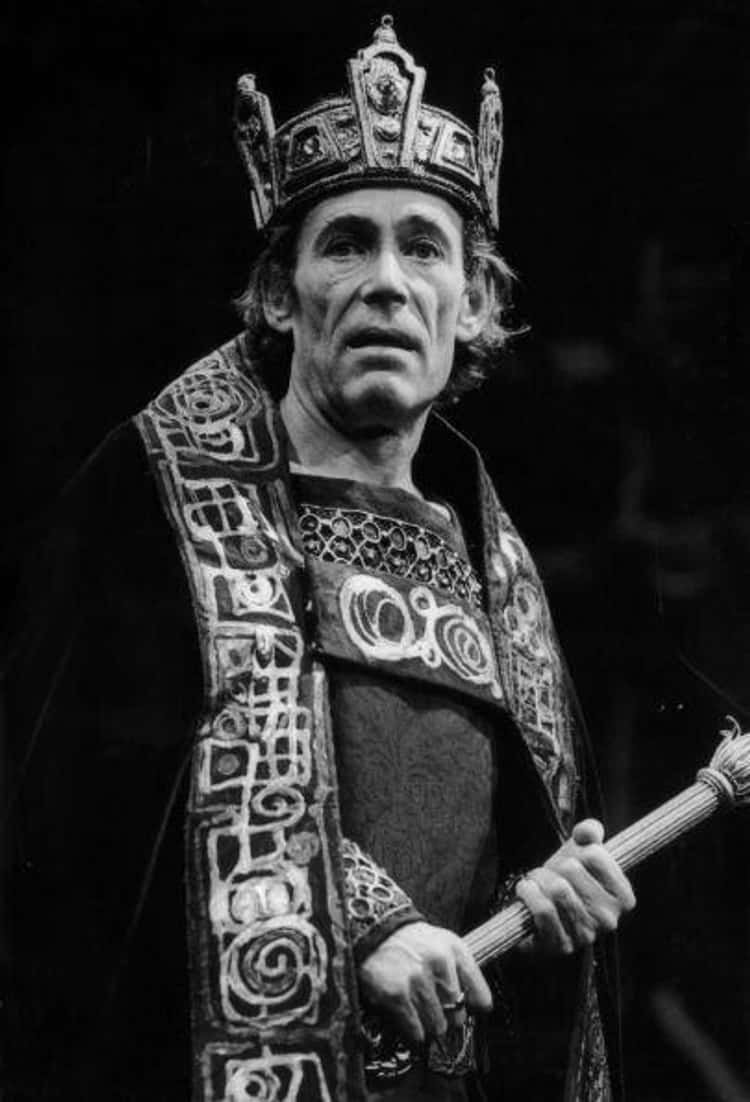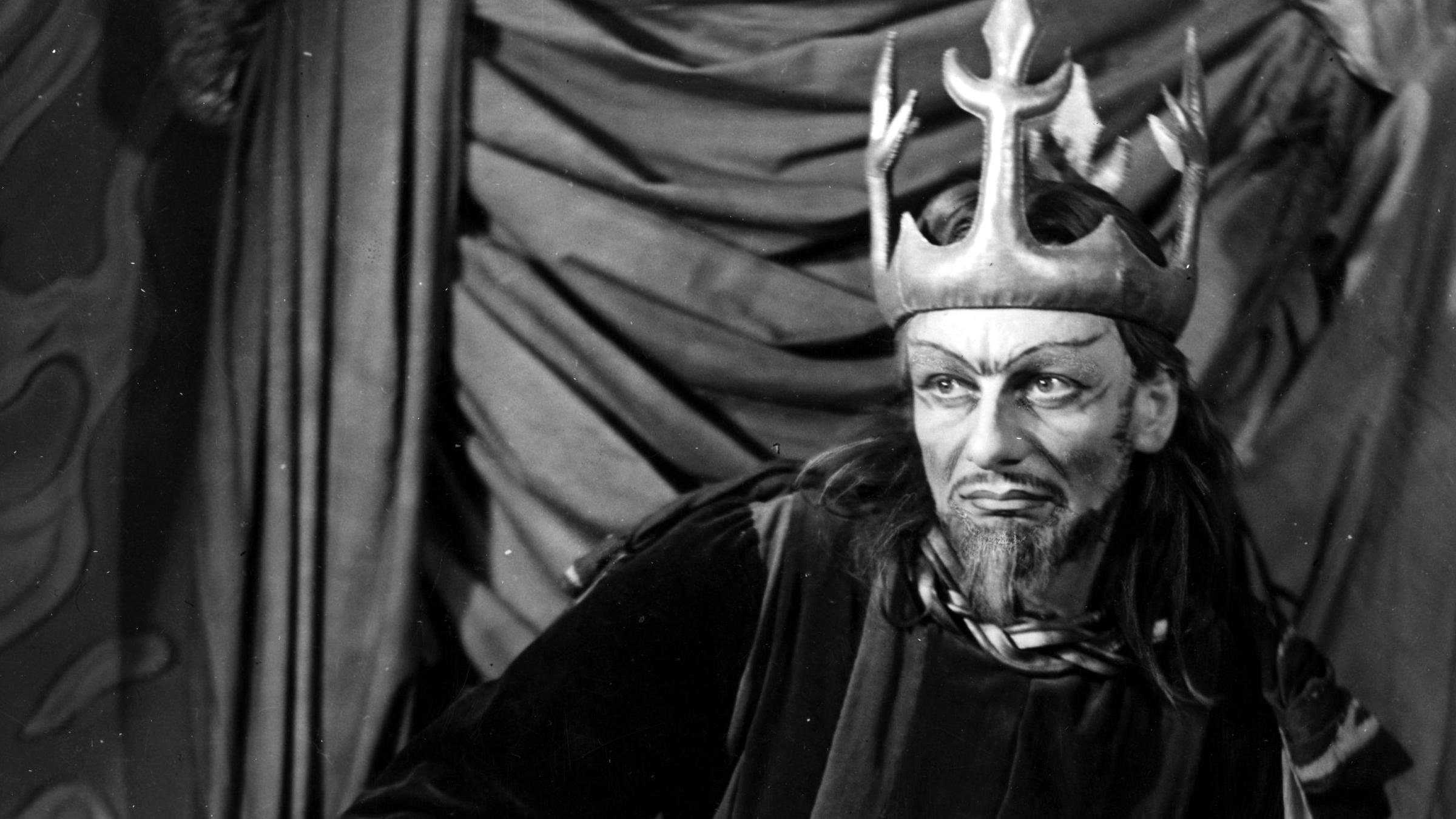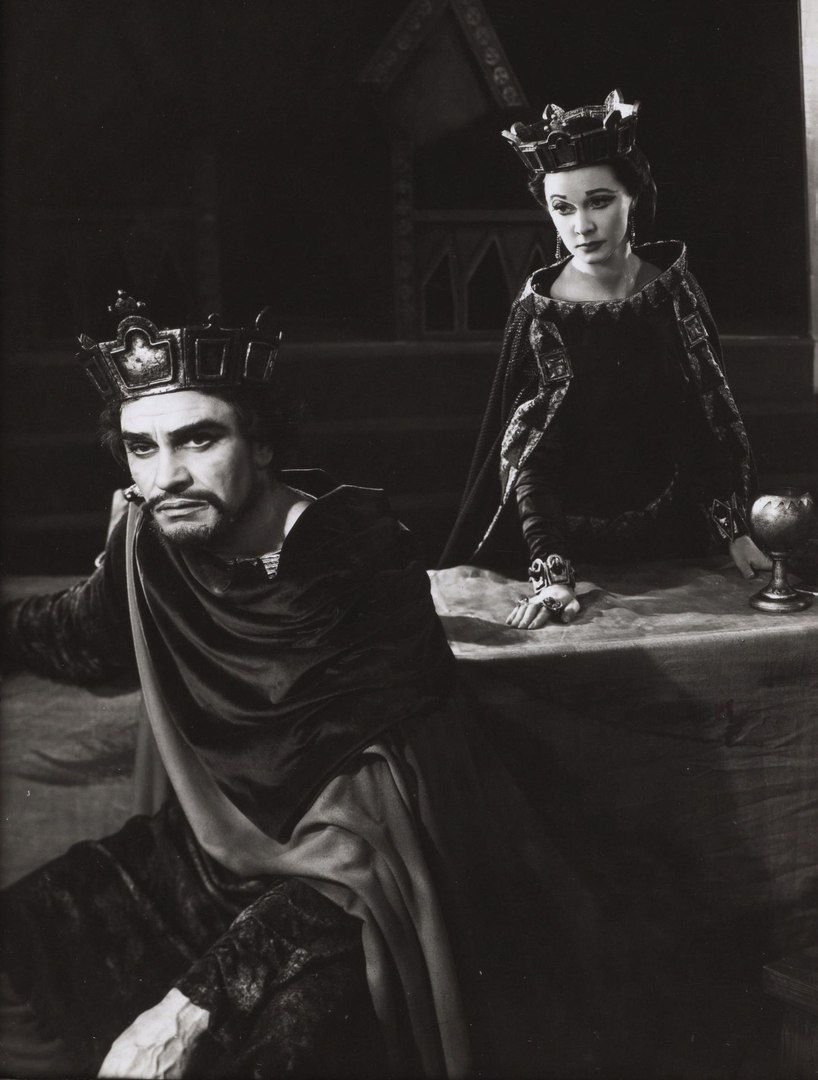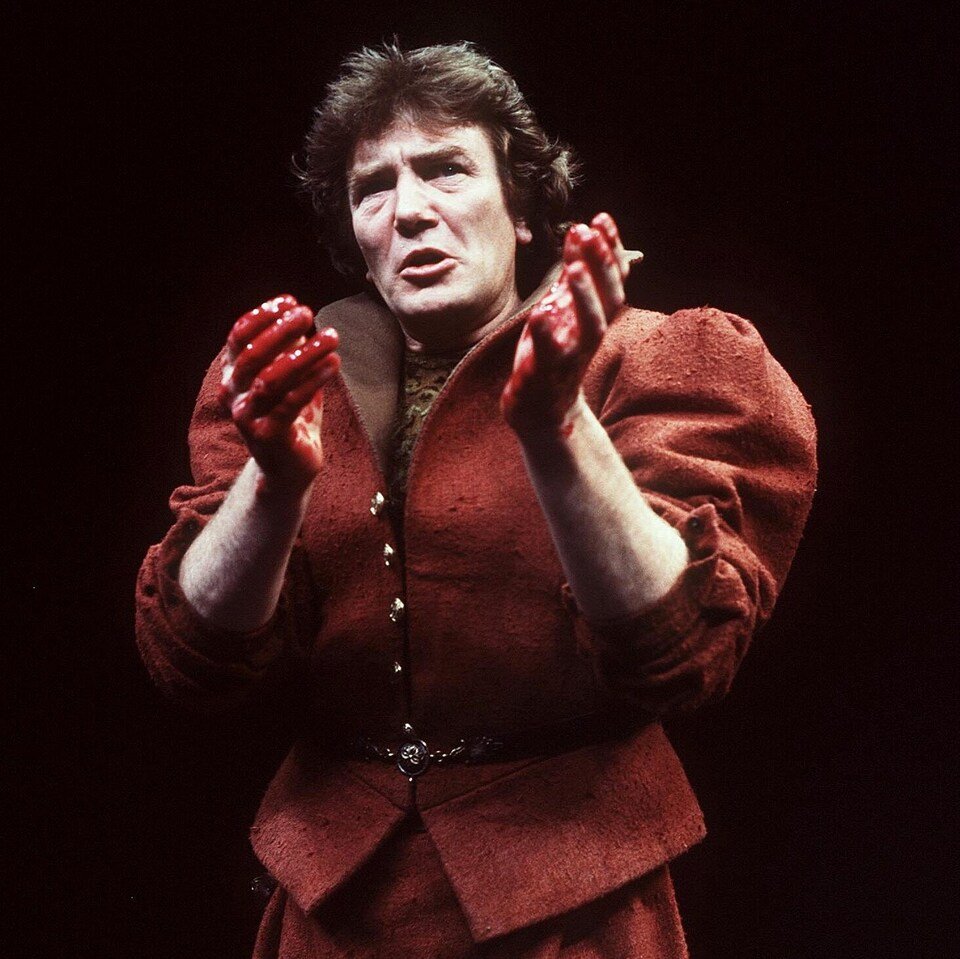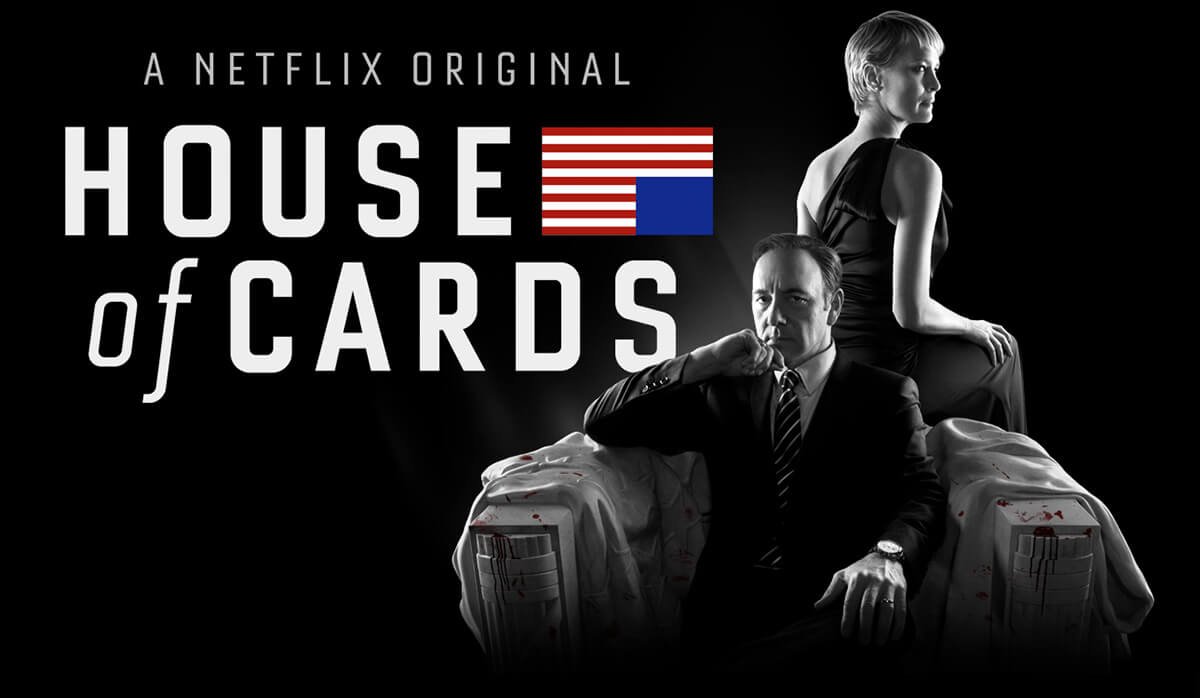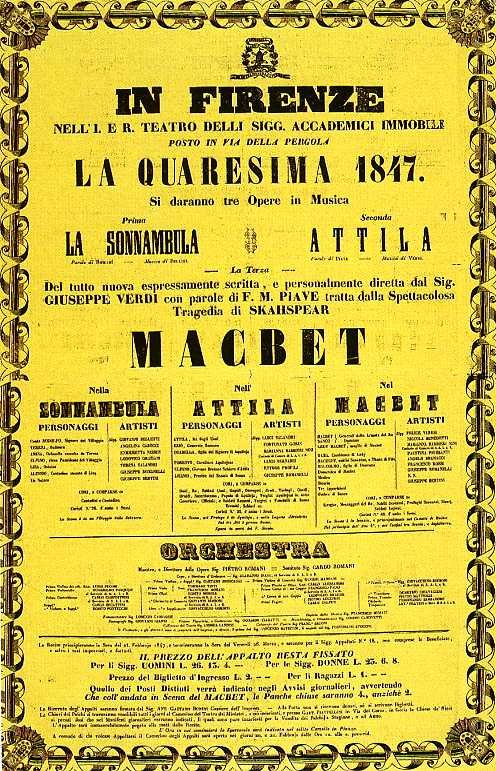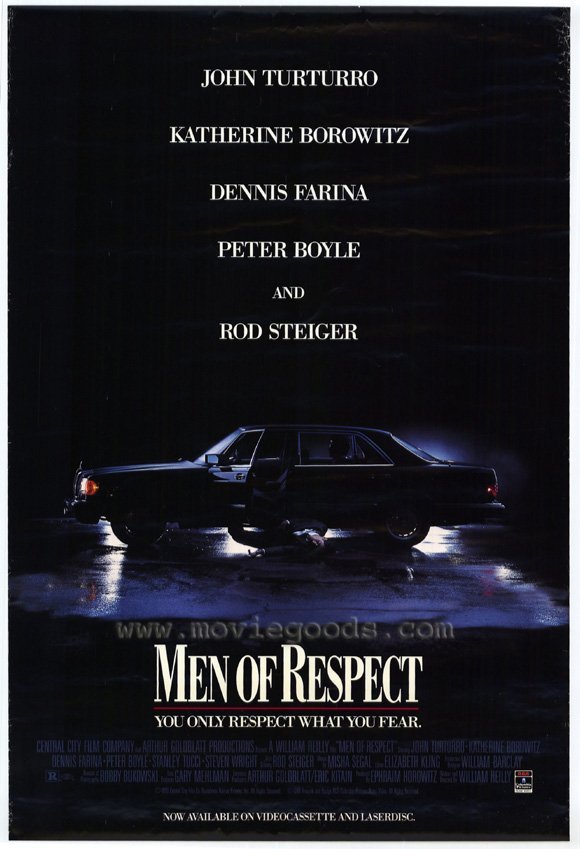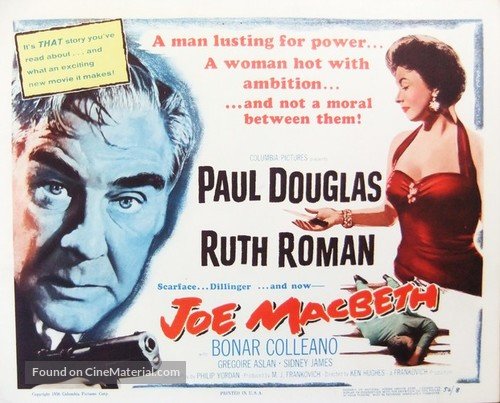The many faces of Macbeth
William Davenant presented his Restoration era adaptation of Macbeth roughly sixty years after Shakespeare’s version was first performed. With their relatable, oh so human themes of ambition, love, greed, desire, jealousy, lust for power, and revenge, Shakespeare’s plays have been ripe for interpretation for centuries now, and Macbeth is no exception. Joel Coen’s The Tragedy of Macbeth, starring Denzel Washington and Frances McDormand, is just the latest addition to the catalog of film versions, which also includes efforts by Orson Welles and Roman Polanski. Akira Kurosawa’s 1957 film, Throne of Blood, transferred the Macbeth story to a Japanese setting. Two other films presented the story as crime sagas: Joe MacBeth (1955), set in 1930s Chicago, and Men of Respect (1990), in which Macbeth is a mafia hit man.
John Gielgud, Albert Finney, Ian McKellen, Patrick Stewart and Laurence Olivier are among the many who have played the role on stage; the latter’s Lady Macbeth was his wife Vivien Leigh, fifteen years removed from her role as Scarlett O’Hara. In 2013, Scottish actor Alan Cumming performed in an adaptation of the play, set in an insane asylum, in which he played all of the roles. And right now Daniel Craig, James Bond himself, is playing the role on Broadway.
The 2001 film Scotland, PA offered one of the more interesting adaptations of Macbeth, setting it in 1970s Pennsylvania at a burger joint called McBeth’s. That movie was, in turn, developed as a musical that ran off-Broadway in late 2019. Giuseppe Verdi gave us a more conventional musical interpretation with his 1847 opera, one of three he wrote based on works by Shakespeare (Othello and Falstaff were the others).
Two popular 21st century television series, Breaking Bad (good man moving to the dark side) and House of Cards (scheming, power-hungry husband and wife), have more than a few ‘Macbethian’ overtones.
Please join us on June 12th for a lively entertainment featuring actors, singers, and dancers. The performance is a collaboration with the Henry Purcell Society of Boston and Dan Meyers, a founding member of Seven Times Salt, specialists in 17th-century English music.
